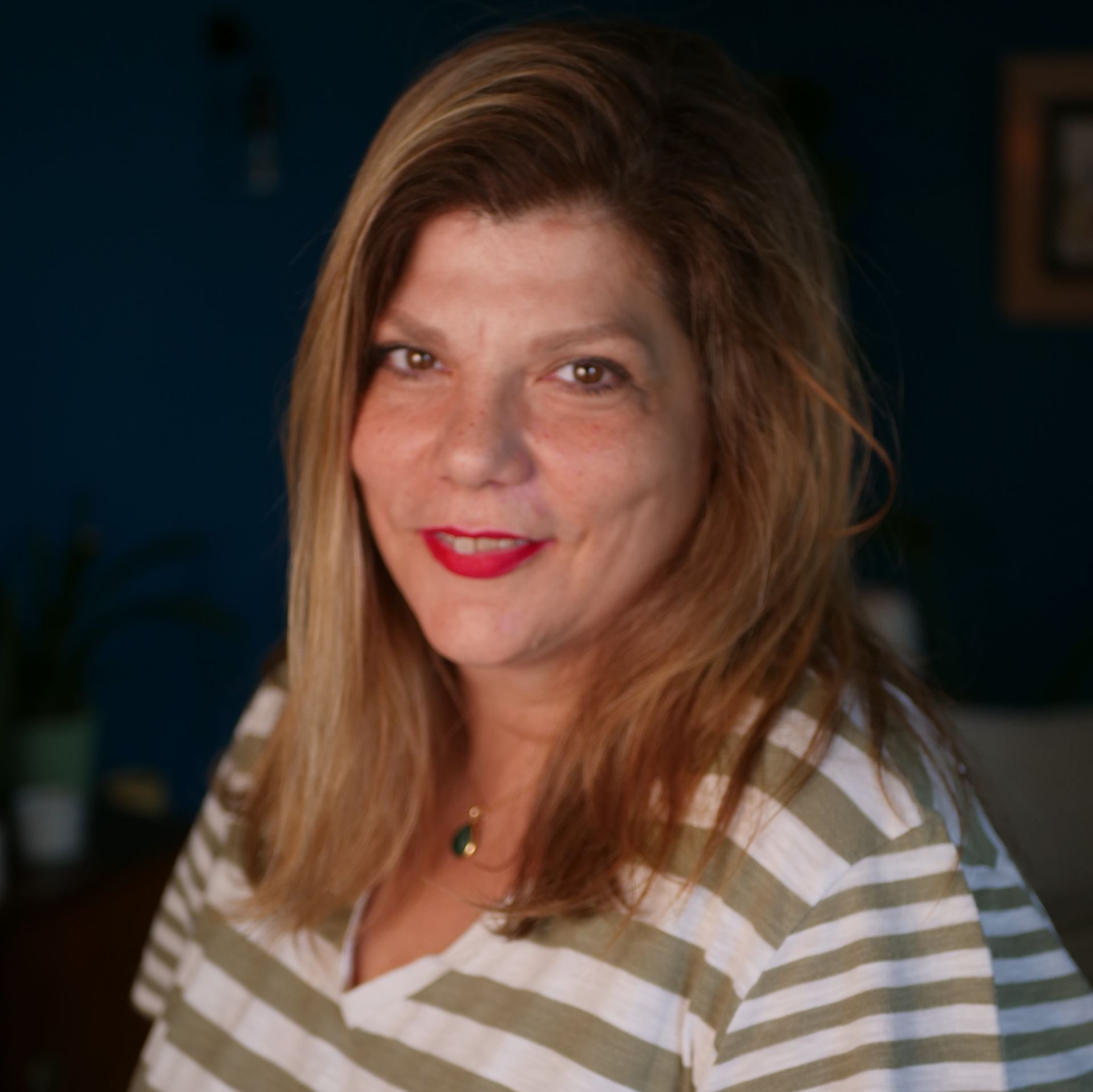The ever-running brain of parenting: How to carry it all with grace (and a bit of humour)

A few weeks ago, I had what I now call a live demonstration of the mental load.
I was on my way to a work meeting, one of those important ones that required both eyeliner and focus, when the school called. My son had an issue with his braces and was in pain. Of course, I dropped everything and went. That’s what we do.
But in the chaos of comforting, rearranging, and sprinting between worlds, I forgot to cancel my next appointment. One missed call turned into three apologetic emails, a day thrown off balance, and a quiet wave of guilt for not managing it all perfectly.
Nothing dramatic, just the everyday exhaustion that comes from living in a state of constant mental multitasking: being the caregiver, the professional, the planner, the nurturer, the human trying to remember what she had for lunch.
That moment reminded me of something I see in almost every parent I coach, and, honestly, in the mirror. The mental load of modern parenting is enormous, especially when you’re trying to do it with respect, connection, and a commitment to breaking old cycles.
It’s the invisible work that doesn’t fit in a calendar invite. The never-ending list that lives inside your head, running on a loop:
“Did I pack his lunch?”
“When’s the dentist next?”
“Am I being patient enough?”
“Wait, was that today’s meeting or tomorrow’s?”
The mental load: The work that never ends
Researchers call it cognitive labour or mental load, the ongoing effort of anticipating, planning, remembering, and emotionally managing the family universe.
A 2025 paper from the Institute of Labor Economics found that the sense of responsibility, not just the number of tasks, drives much of the fatigue that parents (especially mothers) experience. It’s not the laundry itself; it’s the invisible “project management” around it - timing, detergent, coordinating with homework.
According to the British Psychological Society, mothers handle around 70 percent of household mental tasks, and Pew Research reports that half of mothers say parenting is harder than they expected and more exhausting than they imagined.
For single parents, that invisible load doesn’t split in two. It simply expands, creeping into every waking moment.
When the brain is always “On”
Here’s what no one warns you about respectful, conscious parenting: it takes mental bandwidth.
You’re trying to be emotionally available, to regulate instead of react, to model empathy, to raise a human who feels safe and seen, and that’s wonderful. But it’s also a full-time inner job.
It means pausing when you’re tired, choosing connection over control, and trying to decode a meltdown without losing your own cool.
Add societal stereotypes (“single mothers must be superwomen”), digital overload, and the guilt of not doing it all perfectly, and you’ve got the perfect recipe for burnout.
A 2025 review on parental burnout described a global pattern of emotional exhaustion, depersonalization, and reduced parental satisfaction. It’s not that parents love their children less; it’s that their minds are full, their plates are full, and their nervous systems are fried.
And yet, we keep pushing because we want to be
good parents.
Breaking cycles in a world that won’t stop moving
Nearly half of parents today say they’re raising their children differently from how they were raised. They’re trying to end the old cycles—authoritarian discipline, emotional neglect, shame-based obedience—and instead teach empathy, respect, and presence.
But there’s a hidden cost. When you’re consciously unlearning generations of “how things were done,” you’re also constantly thinking.
The brain never rests.
This is exactly why the Jai Institute for Parenting emphasizes self-awareness, nervous system regulation, and the shift from reactive to responsive parenting. Because when you’re trying to undo old conditioning, you’re not just parenting your child, you’re re-parenting the parts of yourself that were never met with compassion.
It’s like running a parenting software update while the device (you) is still in use. You’re rewriting scripts while soothing a tantrum, recalibrating your tone mid-sentence, questioning inherited beliefs while packing school snacks. No wonder so many of us end up feeling both proud and exhausted.
The Jai methodology teaches that conscious parenting is not about perfection, but about repair, about building connection, strengthening emotional intelligence, and learning to co-regulate so that our children don’t inherit the same patterns we’re trying to break.
The work of repair, for our children and for ourselves, is sacred. And yes, it’s tiring, but it’s also deeply transformative.
And this is the heart of the Jai parenting method: when we heal ourselves, we parent differently and our children thrive.
Parenting is a mirror (and sometimes a funhouse)
Parenting with respect and connection isn’t just about raising a child; it’s about raising ourselves, too.
Every day, our children hold up a mirror to the parts of us that still need healing: the impatience, the fear of not being enough, the echoes of our own childhood voices. It’s humbling work. Some days it’s hilarious (“Who knew I’d be out-negotiated by a seven-year-old before coffee?”). Some days, it’s messy.
But this is where growth happens, in those imperfect, human, utterly real moments when we repair instead of pretend.
When my son sees me apologize, or when I catch myself and choose connection over control, something shifts, not just in him, but in me. That’s the paradox: while we’re guiding them, they’re quietly teaching us how to be gentler humans.
Why the load feels heavier than ever
We live in a time when parenting isn’t just about safety and sustenance; it’s about optimization.
We’re told to foster emotional intelligence, resilience, creativity, empathy, confidence, and independence, all before age ten. Add the avalanche of online advice (“10 ways to raise a genius” meets “the hidden dangers of screen time”), and the brain is overloaded before breakfast.
Researchers from Frontiers in Psychology (2023) found that blurred boundaries between work, caregiving, and domestic life, especially post-pandemic, dramatically increased parental stress and mental load. They called it a “cognitive blur,” where the brain never fully switches off.
And that’s exactly what it feels like. Even when you’re still, your mind keeps moving:
Did I answer that email? Should I be more consistent with bedtime? Am I raising a kind human?.
Lightening the load (without losing the connection)
So what do we do when the mental tabs never stop multiplying?
1. Make the invisible visible.
Write down everything you mentally track: appointments, meal plans, emotional check-ins, birthday gifts. When it’s on paper, it stops looping in your head.
2. Do less, better.
Research on stress-management programs shows that structured, intentional pauses reduce burnout and improve resilience. Translation: fewer goals, more focus. Instead of perfect meals, mindful play, and zero screen time, choose one small thing to do with presence.
3. Invite support creatively.
Even single parents don’t have to do it alone. “Delegation” can look like community: a friend who handles a school pickup once a week, or a shared digital calendar that stops 2 a.m. panic. Every bit of cognitive outsourcing counts.
4. Anchor in values, not perfection.
When we become parents, we’re called to step back from our ego and put our child first, not by losing ourselves, but by remembering why we do what we do. Our values (respect, connection, curiosity, safety) become the compass that steadies us when the load feels unbearable.
This is a central principle in the Jai Institute for Parenting methodology: parenting isn’t about flawless execution; it’s about returning, again and again, to the values we want to model. Jai teaches that when we anchor in our values rather than perfection, we shift out of shame-based parenting and into conscious leadership.
We stop trying to “get it right” and start focusing on connection, repair, and emotional presence.
Because perfection is brittle, but values are steady. They guide our tone, our choices, and the way we reconnect after the hard moments. And they remind us that our children don’t need perfect parents. They need parents who are aware, attuned, and willing to grow.
5. Keep humour close.
Humour doesn’t minimize the struggle; it oxygenates it. Sometimes, the most respectful thing we can do for ourselves is to laugh at the chaos. The spilled cereal, the missing socks, the forgotten meeting; they’re not proof of failure, just of humanity in progress.
The quiet revolution of “Good Enough”
Maybe the real secret isn’t about lightening the load; it’s about loosening our grip on perfection.
Winnicott’s classic idea of the “good-enough parent” feels more radical than ever. Good enough means present enough, aware enough, human enough. It means apologizing when we mess up, resting when we’re empty, and loving without the performance of doing it all.
Because connection doesn’t require perfection, it just requires presence.
Parenting with respect and connection, while breaking old cycles and surviving modern life, is no small feat. It’s the emotional equivalent of carrying a full backpack through a constantly shifting landscape, beautiful, exhausting, and transformative.
But here’s the thing: you don’t have to carry it alone, and you don’t have to carry it perfectly. I will forever be grateful to the Jai community, not only for teaching me everything I practice with my son and share with my clients today, but also for being my safe haven and showing me what a supportive community can actually offer you.
If today you forgot something important, a meeting, a permission slip, your coffee on the roof of the car, it’s okay. The fact that you’re even trying to parent with awareness means you’re already doing something extraordinary.
So take a breath. Put down one invisible load, even for a moment. Your child doesn’t need a flawless parent. They need a real one, one who’s learning, laughing, repairing, and showing up anyway.
And that’s more than enough.
Meet Your Author, Maggie Pouplis
Website: bondingnest.com
Instagram & Threads: @bondingnest
Facebook: Bonding Nest - Maggie Pouplis
Maggie Pouplis, MCTAA, is a Jai Certified Parent Coach and founder of Bonding Nest, a science-based initiative dedicated to helping families build deeper emotional connection through awareness, play, and repair.
Blending neuroscience, empathy, and real-life humor, she supports parents who want to raise connected, resilient children while breaking intergenerational cycles.
A single parent herself, she writes and teaches about the everyday courage it takes to parent with both heart and humility.
Share This Article:
Curious for more?














